A VERITABLE BUFFET OF REPLACEMENT TRIGGERS FOR YOUR AR-15
By Steve Kuo & David Lane, Photography by Jorge Nuñez
One of the most effective upgrades you can make to your AR-15 is an aftermarket trigger.
Many folks are keen on building ARs that are built to Mil-spec standards. But a true Mil-spec trigger is generally rated to come in at a pull weight of anywhere between 5.5 and 9.5 pounds, with no particular requirements for feel, crispness, or other qualitative characteristics.
BEST AR-15 TRIGGERS:
Besides pleasing the bean counters with reduced unit costs, the stock triggers, with their heavy-pull weights, are also a crutch to reduce negligent discharges.
Now, many AR manufacturers offer premium models with improved triggers, and certain end users, such as designated marksmen, avail themselves of precision triggers.
One of the beauties of the AR platform is its LEGO-like modularity.
The fire control system in an AR is relatively simple to work on, and there are a variety of aftermarket triggers on the market — from systems that provide replacements for all of the stock components (trigger, hammer, disconnector, springs, and even pins) to no-fuss-no-muss totally self-contained drop-in units.
Replacement systems feature a wide range of enhancements, including superior materials, improved geometry, and choices of single-stage, two-stage, and even hybrid systems. Some can be adjusted to fine tune them exactly, and others cannot — to be as bombproof as possible.
Trigger preferences can be intensely personal from one shooter to the next and desired characteristics are heavily dependent on your intended applications, so think carefully before you buy.
Get hands-on experience with as many triggers as you can. But that isn’t always possible, so we’ve done the next best thing by providing you with a guide to the bounty of great triggers out there.
NOTE: Trigger pull weight was measured with a Lyman trigger-pull gauge and triggers lubricated per manufacturer instructions. For two-stage triggers, the measurement recorded represents the total weight across both stages.
As a baseline, we tested two stock Stag Mil-spec triggers, which delivered notchy and gritty 6.75- and 7-pound trigger pulls, respectively, with minimal over-travel. Reset was long, but very positive, and their trigger bows measured 0.29 inches wide.
TRIGGER GLOSSARY
Break: The moment when the sear surface releases the hammer as you are pressing the trigger.
Creep: Generally refers to undesirable take-up or slack in a single-stage trigger, or more specifically, when the movement of the sear surface against the hammer hook can be felt (in an unpleasant way).
Disconnector: The part that holds the hammer back after the trigger has been pulled and the action cycles. It will release the hammer to the sear mechanism once the trigger is allowed to move back forward.

Hammer: The part, under spring tension, that falls forward once released to strike the firing pin and detonate the primer in the chambered cartridge.
Lock time: The time that elapses between the sear surface releasing the hammer and the cartridge primer igniting after being struck by the firing pin.
Over-travel: The distance the trigger bow continues to move rearward (unnecessarily) after the sear has already been released.
Reset: If you continue to hold the trigger back after discharging the firearm, the hammer will be captured by the disconnector so that it doesn’t follow the bolt forward.
As you slowly ease the trigger back forward, the hammer will be released back to the sear (usually with an audible and tactile click), at which point you can press the trigger again to break another shot. This is referred to as the reset.
If you do not release the trigger far enough forward to the reset point, you will not be able to fire another shot. Generally speaking, the shorter the reset, the easier it is to quickly shoot successive shots.
Sear: The part or surface that releases the hammer to fall forward and strike the firing pin once the prescribed amount of pressure has been applied to the trigger.

Single-stage: Trigger system in which you must overcome all the resistance at once.
Stacking: A largely undesirable phenomenon in which the trigger-pull weight feels as if it is increasing right before the trigger breaks.
Take-up (slack): Rearward movement of the trigger prior to sear engagement.
Trigger bow: The portion of the trigger that extends out and that you actually press to discharge the weapon.
Two-stage: Trigger system in which there is an initial stage where the trigger moves to the rear with some amount of resistance (often referred to as “taking up the slack”), followed by a distinct second stage where the trigger breaks after applying an additional amount of force.
BEST AR-15 TRIGGERS
ALG Defense Quality Mil-Spec Trigger
- Single-Stage
- Pull Weight: 6.2lb
- Bow Width: 0.29″
- MSRP $45
Essentially the same as the ACT trigger, but without the slick coatings. The Quality Mil-Spec (QMS) was not quite as refined with a bit of creep, but it broke cleanly with minimal over-travel. Reset was also long but distinct. Sear geometry is unchanged from stock triggers.

Trigger pull is rated at 5.5 pounds or higher, with most expected to be around 6.5 pounds – ours was just under that. The QMS is no match trigger, but it’s a marked improvement over a stock trigger for just $45. Comes with replacement pins.
KE Arms Rekluse RTS-2
- Single Stage
- Pull Weight: 4.5lb
- MSRP $290
I’ve liked every trigger I’ve used from KE Arms, but the Rekluse RTS-2 is definitely my favorite of theirs.
There is zero pre-travel, zero over-travel, and the reset is super short. This isn’t the lightest trigger, but the 4.5-pound pull is extremely consistent and feels great. Not so light it goes off when you look at it wrong, but not heavy enough to make precision shots difficult.
The trigger is also very “clicky.” There is a tactical feel and audible noise when the trigger resets. If you’re sending rounds as fast as possible, you won’t notice the noise. But you will feel the reset.
Some triggers are jarring and send a lot of vibration into your finger, this one doesn’t. There is practical zero-finger fatigue even after a long course of fire.

All of this is on top of the Rekluse’s legendary closed-shell design. One of the big claims to fame of KE triggers is their resistance to Murphy’s law. While it’s pretty rare, it’s possible for debris or even a blow primer to get stuck in the trigger and render your rifle unuseable until you strip it down and clean it out.
With KE’s design, this simply can’t happen. Even though it’s a rare problem to start with, I’ve seen it happen at least twice at competitions. The extra security of a closed design is a step forward in trigger design.
Last on the list is really one of my favorite features, being able to safe the safety even with the hammer forward. Normal AR-15 triggers only allow the safety to be switched on when the hammer is cocked, but the Rekluse lets you move it to safe no matter what.
Does it matter a lot? Not really, but I like it. I don’t like looking at my safety and seeing it set to “fire” even when I know the hammer is forward and the weapon is safe.
KE Arms SLT Gen 2
- Single Stage
- Pull Weight: 4.5lb
- MSRP $220
After using the Gen 1 SLT trigger for a few years, it was exciting to hear KE Arms was coming out with a second-generation improvement. The old SLT was a fantastic trigger, especially for the price, but had issues with hard primers and spring-loaded .22 LR conversion kits.

The Gen 2 SLT solves this with a stronger hammer spring, but has practically zero impact on the trigger pull and feel. Crisp, clicky, and a great reset. Currently on sale, this is an outstanding trigger for the price. If you want to see it in action, take a look at Night And Day: An AR Built For Brutality [BUILD SHEET]!
Rise Armament ICONIC
- Independent Two-Stage
- Pull Weight: 1lb first stage, 2lb second stage
- MSRP $300
I used to be a big two-stage fan for precision rifles. But for the last few years, I’ve been running single-stage triggers on all my LR rifles. The ICONIC might convince me to switch back for a while.
Perfectly at home in an AR-15 or an AR-10, the ICONIC is the top-of-the-line offering from Rise Armament. I mounted this trigger in an AR-10, and I love it.

The ICONIC has a strange design that bucks the trend that most two-stage triggers have had for generations. Instead of the classic design of a trigger that basically feels mushy as the “first stage” until it finally hits the wall of the “second stage,” the ICONIC has two distinct movements because it is two separate parts that are moving.
It’s easier to feel than it is to read about, but basically, what is happening is the trigger has a front trigger and a rear trigger that nest into each other. The first trigger moves back and into the second trigger. That movement is the first stage. Once resting in the rear trigger, you have the second stage.
This gives you a more natural feel to the trigger. The first stage is short, smooth, and fairly light, while the second stage has a rock-solid wall and feels exactly like a single-stage break.
For AR two-stage triggers, this is one of the best I’ve ever tried. Great for precision shooting.
TriggerTech Diamond
- Single Stage
- Pull Weight: 1.5lb-4.0lb (adjustable)
- MSRP $305
Hands down, no question, no contest, the very best single-stage precision trigger you can buy. At the higher weight range, this is great for ARs that need to be run fast, like 3-Gun or other active competition formats.

This is perfect for PRS gas rifles or other precision applications at the lower weight range.
I run TT Diamond triggers in all of my PRS rifles because of how crisp the break is, how light the weight can be set, and how insanely durable they are in all conditions.
The TT Diamond for AR platform rifles now lives up to those demands in a new rifle. Side-by-side, I cannot tell a difference between my bolt rifle Diamond triggers and this AR trigger.
Personally, I’ve run this at the lightest setting for all my precision shooting in a 6 ARC AR-15, and it is outstanding. No take-up, no overtravel, practically no reset, and a super light 1.5-pound pull.
Something to be careful of is that setting this trigger too light can cause double fires if you don’t have great trigger control. I strongly recommend a lot of dry fire and a lot of practice.
TriggerTech Duty Trigger
- Single or Two-Stage
- Pull weight: 3.5lb or 5.5lb
- MSRP: $130
TriggerTech has made outstanding triggers before, but the Duty line is impressive for whole new reasons.
Designed with MIL/LEO feedback that wanted the ZeroCreep TriggerTech is known for, but more forceful resets to give a more tactile feel, the Duty line are fixed pull weight triggers that come in at an impressively low price.

Available in single-stage or two-stage and in either 3.5lb or 5.5lb pull weights, there is a Duty trigger for the AR-15, AR-10, AR-9, and even Remington 700.
Ours was a 3.5lb flat bow AR-15 model. It lives up to exactly what it claims. A short, crisp trigger with zero creep, and a strong, forceful reset that feels very responsive.
Other than the pull weight, it’s hard to tell the difference between the Duty and the Diamond — the Duty just feels that good.
With an MSRP of only $130, this is very hard to beat.
American Trigger Corporation AR Gold
- Single Stage with Take-up
- Pull Weight: 2.38lb
- Bow Width: 0.19″
- MSRP $300
Not cheap but revered by many three-gunners. The ATC AR Gold is reminiscent of a tuned 1911 or 2011, with short and extremely light take-up followed by a crisp and light break. Trigger bow is narrow. Reset was absurdly short, but rather subtle.

Unlike the other two-stage triggers in this guide, the reset returns to the second stage rather than a full stroke through the first. Mechanically, the trigger system is safe with an additional interceptor, but you better do your part because our sample tested lower than rated at 2.4 pounds.
CMC Triggers
- Single-Stage
- Pull Weight: 3.5lb
- Bow Width: 0.31″
- MSRP $210
This self-contained, drop-in trigger had a light, crisp break with no creep. Afterward, if you release the trigger very slowly it can sometimes feel a bit rough before it resets. C-clips secure the included hammer and trigger pins.

The clips are tiny and we promptly lost one; fortunately, CMC provides extras in the package.
Geissele Automatics Super 3 Gun (S3G)
- Hybrid Single-Stage
- Pull Weight: 3.1lb
- Bow Width: 0.29″
- MSRP $250
Designed for fast and furious 3-gun matches, this hybrid trigger rolls smoothly and just breaks, followed by some overtravel. It has a short and positive reset, for quick follow up shots.

Our sample was a bit lighter than the rated 3.5 pounds and was super smooth — it felt like it was rolling on ball bearings. Includes replacement pins.
Geissele Automatics Super Semi-Automatic (SSA)
- Two-Stage
- Pull Weight: 4lb
- Bow Width: 0.29″
- MSRP $210
This classic from Geissele has a smooth first stage and a clean, crisp second stage break with minimal over-travel. Reset is on the long side but positive and distinct.

The SSA boasts a Naval Surface Warfare Center Crane Safety Certification and is in service with Special Operations troops. A hard use trigger, it is non-adjustable and made of tool steel with sear surfaces cut by a wire EDM machine.
Its full-power hammer spring ensures ignition with all types of ammo. The Super Semi-Automatic Enhanced model ($230) is similar with a lighter measured pull weight of 3.4 pounds.
Hiperfire Competition
- Single-Stage
- Pull Weight: 2.4, 3.1, or 3.4lb
- Bow Width: 0.3″, 0.5″ with trigger shoe
- MSRP $235
Hiperfire doesn’t mind thinking outside the box. Comes with three sets of springs to set desired trigger pull weight without any adjustable screws. It has a crisp light break with no over-travel, as well as a short trigger stroke and reset.

The straight trigger has an optional red finger pad that clips on to the trigger bow in one of five positions. Some liked it, finding it helped with indexing the trigger finger and providing extra leverage, but it needn’t be installed for those who didn’t. The trigger on safe is nice and tight. Includes three sets of springs, replacement pins and the trigger shoe.
Hiperfire Elite
- Single-Stage
- Pull Weight: 2.75, 3.56, or 4lb
- Bow Width: 0.3″
- MSRP $215
Its unique geometry allows users to set desired trigger pull weight by simply switching out sets of springs, with no adjustable screws.

It has a crisp break with no over-travel, as well as a short trigger stroke and reset. The trigger on safe is snug as a bug. Includes three sets of springs and replacement pins.
Patriot Ordnance Factory Drop-In Trigger System
- Single-Stage
- Pull Weight: 4lb
- Bow Width: 0.25″
- MSRP $200
Drop-in unit was simple to install. Single stage trigger broke cleanly with no pre- or over-travel. Reset was moderate in length but felt a bit scratchy during the return stroke.

The trigger bow was less rounded than others, with noticeable corners. Nitride heat-treated and comes with KNS Precision anti-walk pins.
Timney Triggers AR-15 Competition
- Single-Stage
- Pull Weight: 4.125lb
- Bow Width: 0.25″
- MSRP $220
Easily installed drop-in, single-stage trigger, with set screws that butt against the floor of your lower to secure the trigger and hammer pins.

The trigger broke crisply with no take-up or over-travel. It had a hint of travel through the single stage if you were very deliberate. Reset is positive and relatively short. Trigger bow is very flat and corners are a bit sharp.
Wilson Combat Tactical Trigger Unit
- Single-Stage
- Pull Weight: 3.3lb
- Bow Width: 0.27″
- MSRP $190
This drop-in trigger had a great single-stage feel, with no take-up at all, a crisp break, and no over-travel. The reset was a relatively short and distinct.

The trigger is rated at 4 pounds, but our test trigger was much lighter. Springs on the bottom of the cassette keep the trigger tight. Made of solid bar stock with steel bushings for the hammer and trigger pins. The hammer features a half-cock reminiscent of Wilson’s 1911s as an extra measure of safety. Comes with replacement pins.
Wilson Combat TTU MIL/LE
- Single-Stage
- Pull Weight: 4.5lb
- Bow Width: 0.28″
- MSRP $190
Intended for duty use, this version of Wilson’s drop-in trigger features a single-stage trigger that is rated for 5 to 5.5 pounds.

Ours measured at 4.5 pounds. The trigger had a hint of travel through the single stage but broke cleanly with no over-travel. The reset was relatively short and distinct. Made of solid bar stock with steel bushings for the hammer and trigger pins. The hammer features a half-cock reminiscent of Wilson’s 1911s as an extra safety measure. Comes with replacement pins.
LaRue Tactical MBT-2S
- Two-Stage
- Pull Weight: 4.5lb
- MSRP: $99
Broadly considered the least expensive trigger that feels amazing, the MBT-2S is a two-stage trigger with a sharp break and incredibly small overtravel. Easy to install and a massive upgrade from a standard trigger, this might be the best value you can find in the AR-15 trigger world.

Each MBT-2S also ships with a set of “heavy” springs that raises the pull weight to 6lbs, perfect for a more duty style of trigger pull.
LOOSE ROUNDS
A new trigger is going to make any rifle feel better right off the bat. This is the primary way you interact with your AR, and the difference between a good trigger and a bad one will stun you cold.
While a precision trigger won’t make your rifle mechanically more accurate, it will almost always make you more accurate with it.
If there is one upgrade that I require for any rifle I own, it’s a good trigger.
READY FOR MORE?

NEXT STEP: Download Your Free Target Pack from RECOIL
For years, RECOIL magazine has treated its readers to a full-size (sometimes full color!) shooting target tucked into each big issue. Now we’ve compiled over 50 of our most popular targets into this one digital PDF download. From handgun drills to AR-15 practice, these 50+ targets have you covered. Print off as many as you like (ammo not included).
Get your pack of 50 Print-at-Home targets when you subscribe to the RECOIL email newsletter. We’ll send you weekly updates on guns, gear, industry news, and special offers from leading manufacturers – your guide to the firearms lifestyle.
You want this. Trust Us.
Read the full article here

![Best AR-15 Triggers [2024 Buyer’s Guide] Best AR-15 Triggers [2024 Buyer’s Guide]](https://www.recoilweb.com/wp-content/uploads/2013/09/TriggersOpeningImage.jpg)
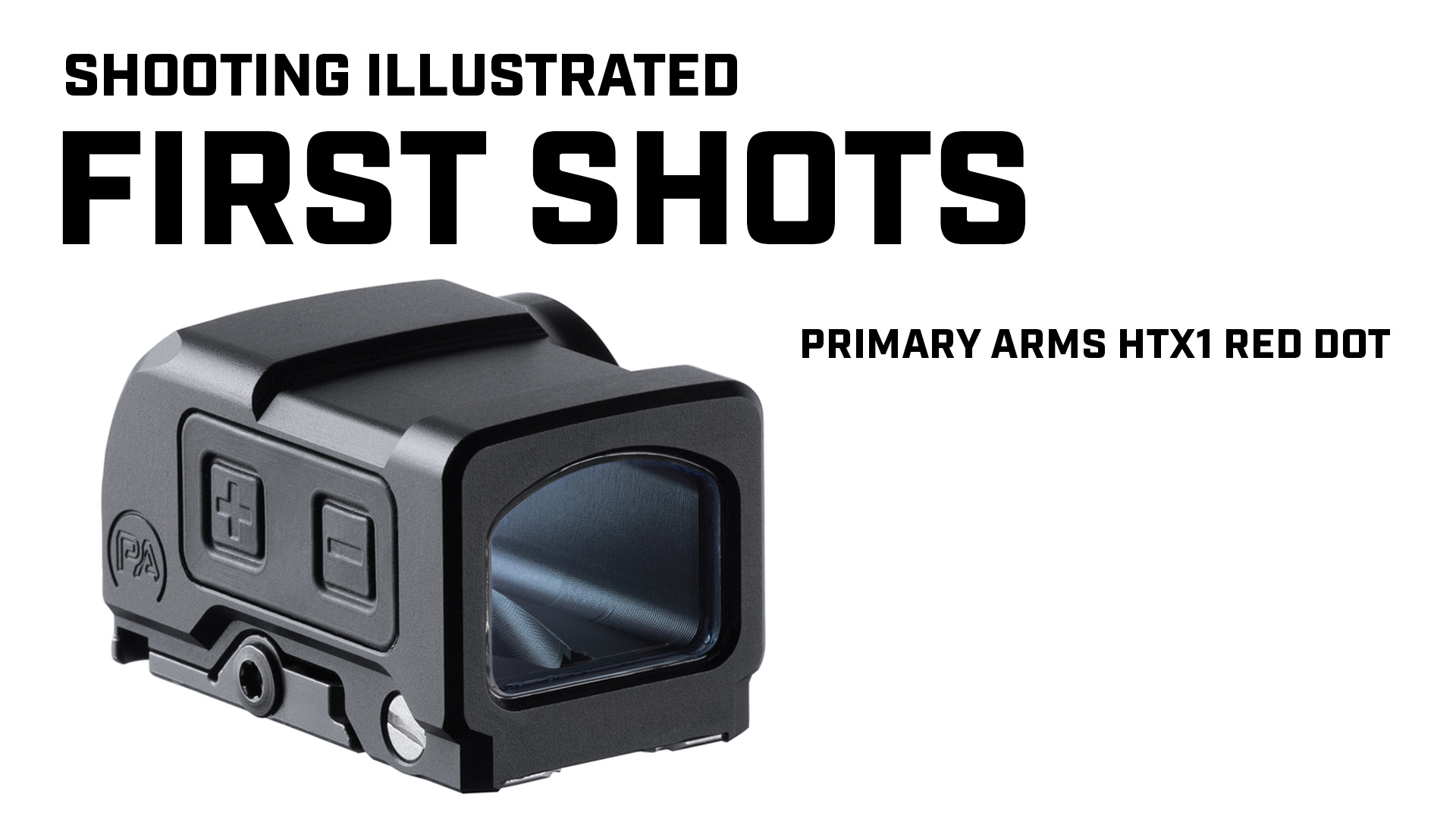


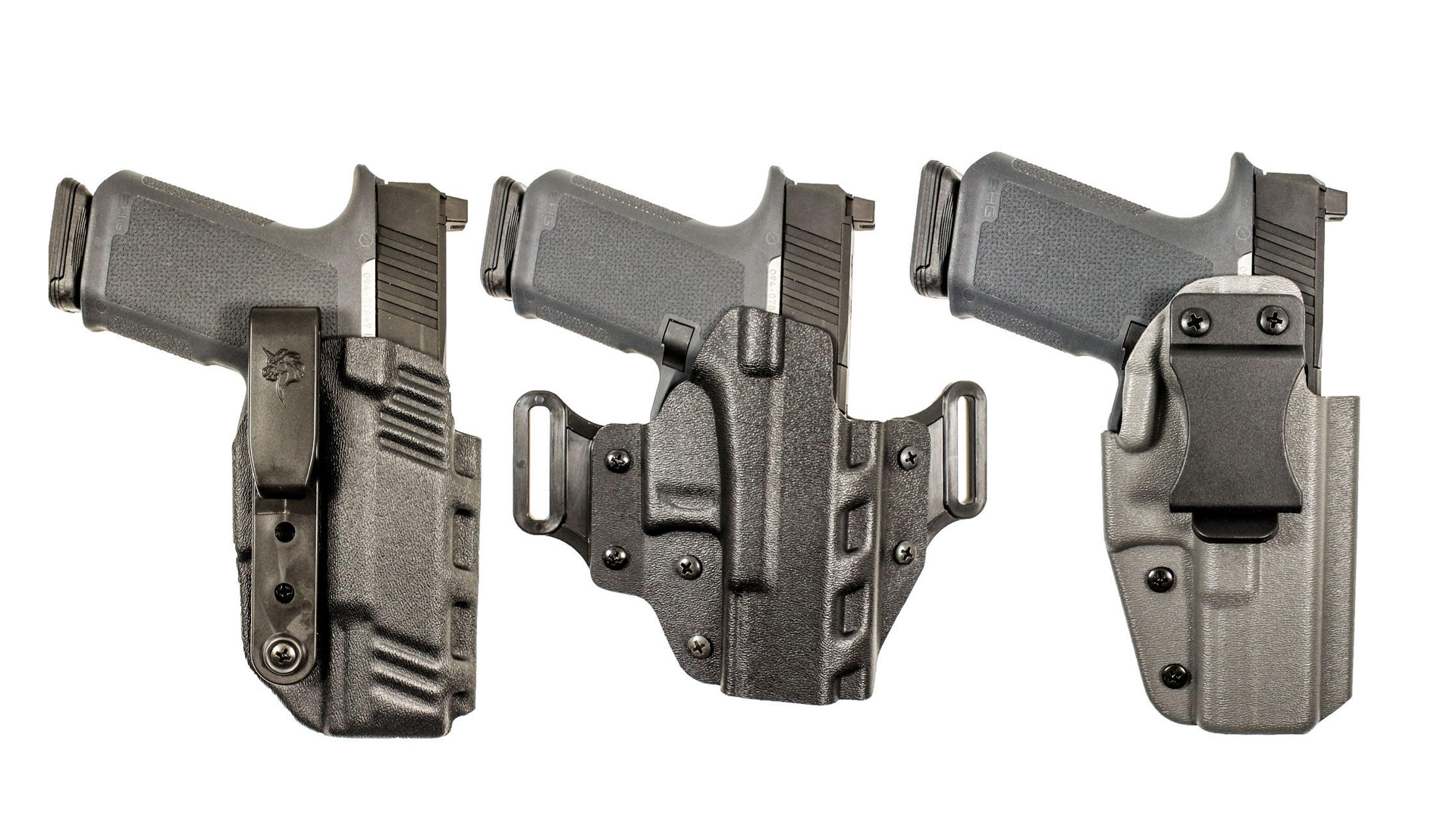


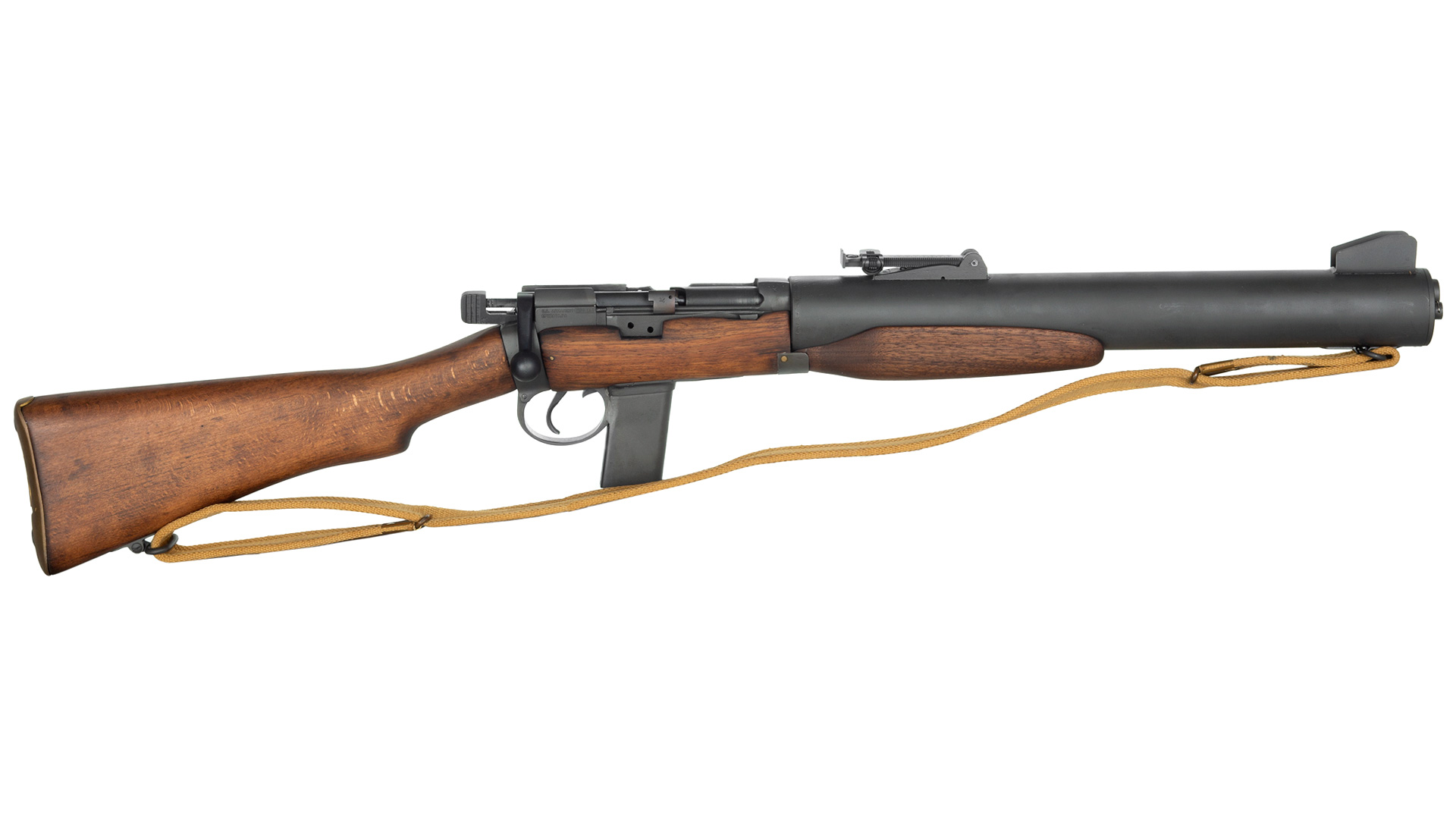

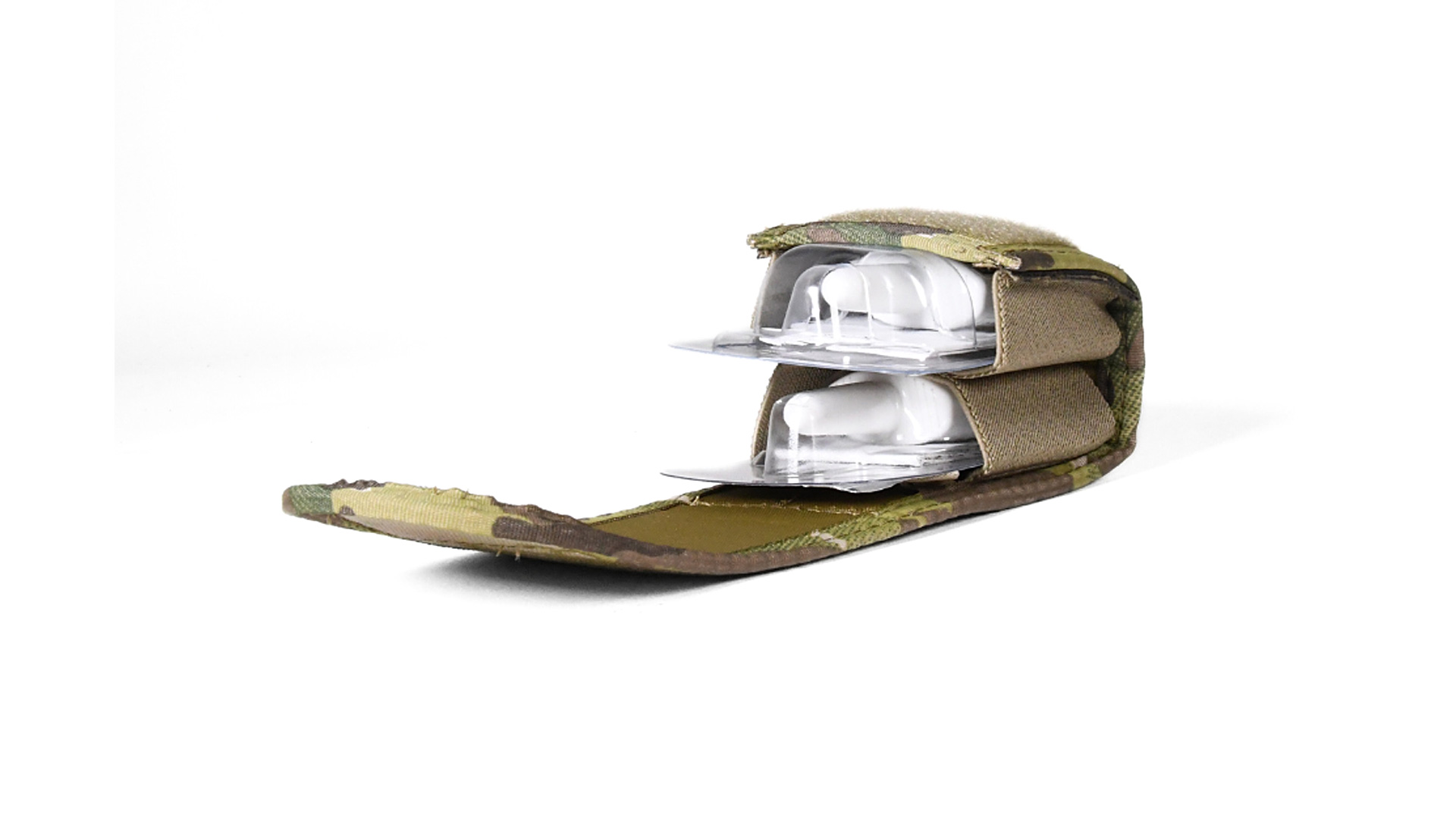
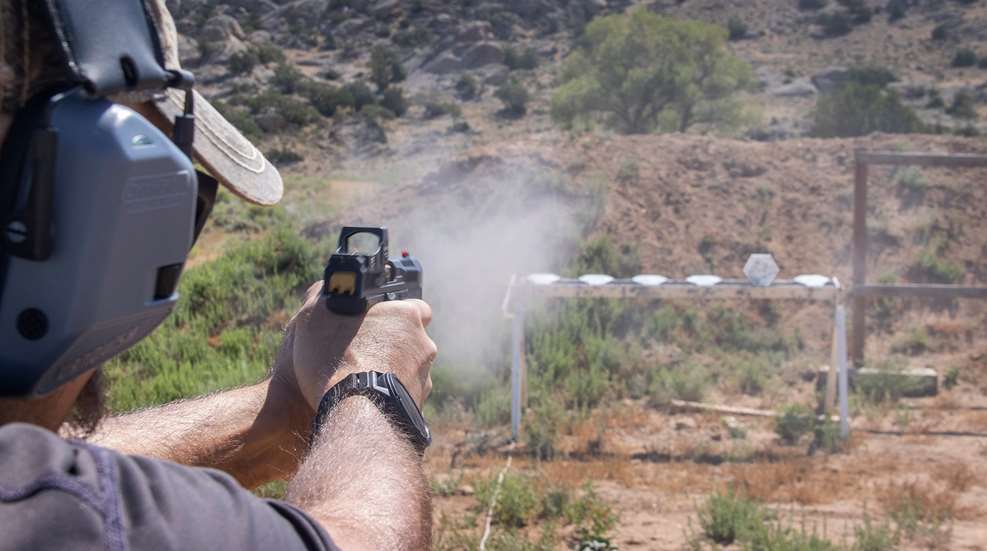
Leave a Reply